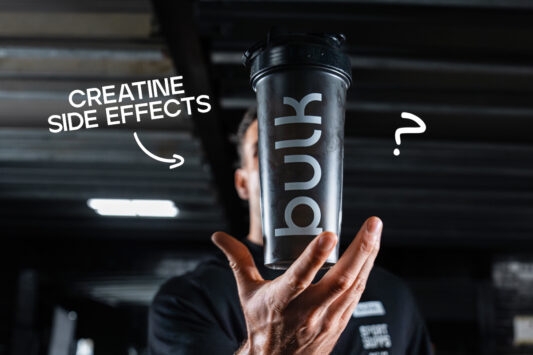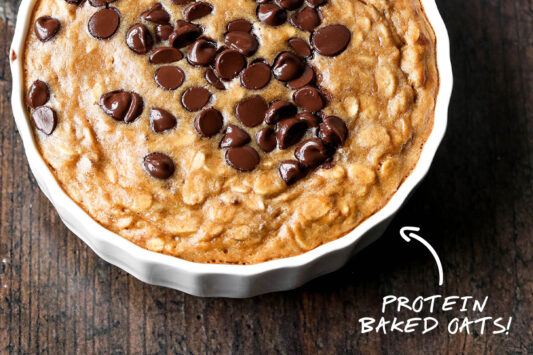How important is hydration?
Have you ever played football or run a marathon and suffered from cramps? Tried to lift heavy down the gym but not felt that strong and struggled for concentration? These can all be indicators that you’re not drinking enough fluids – namely water and electrolytes.
Water is understated and yet it is absolutely critical to us – it is the most critical nutrient there is. Our brains are 95% water; blood is 82% water and lungs are almost 90% water. You quickly start to understand the fundamental role it plays in life and general human function.
Although optimal fluid and electrolyte balance is vital during everyday life, it is even more so during exercise because a lot of the body’s electrolytes are lost during sweating. An imbalance of minerals in the body can lead to negative effects on muscles and the brain, thus being detrimental to athletic performance.
Dehydration
This is the condition that occurs when we lose more fluids than we take in. A very small drop in body water as a result of dehydration can lead to significant physiological changes, which can hinder neurological coordination, reduce concentration and present additional symptoms such as:
> Muscle cramping
> Decreased strength
> Reduced endurance
> General fatigue
> Headaches
What are the benefits of staying hydrated?
Beyond the basic health benefits of staying well hydrated, performance levels can be maintained and/or advanced too. Good hydration can help:
In the muscle building process
Water is required to transport nutrients to your cells and to remove waste from the body.
Reduce fluid retention
When dehydration sets in the body starts to retain water as a survival mechanism. Bloating and swelling of extremities often occurs as a result of poor hydration.
With weight loss
Water can help suppress appetite. Dehydration is believed to reduce kidney function which in turn overloads the liver. The liver becomes less efficient at metabolising stored fat due to the extra demands placed upon it. As a result, less stored fat is metabolised for energy and weight management can be affected.
Fight fatigue
Water itself doesn’t fuel the body with energy but it is an important transporter of nutrients which aids the process.
How much should you be drinking?
1-2 litres a day is considered the optimal level for an inactive person. This should be increased for someone who is active and/or who works in a humid environment. Bodybuilders for example should be drinking considerably more, as well as endurance athletes.
Hydrate as much or as little as you need to but remain mindful of how much you are drinking, especially on days you train or compete. If you start to notice symptoms of dehydration, you’re probably already dehydrated, so plan ahead during events to ensure your hydration levels are maintained at the start, during, and the end, to make sure your performance doesn’t drop.
If you’re taking part in an endurance race or training regularly, try adding electrolyte powder and Complete Hydration Drink™ to your supplementation to help manage your hydration levels and promote rapid recovery.
















